Top Boating Safety Tips for a Fun Summer on the Water
For many Canadians, “summer season” means “boat season.” Getting out on the water and enjoying a relaxing afternoon of fishing, or a wild ride on the back of a Jet Ski, represents the ideal vacation pastime for lake-bound vacationers.
Whether you’re just hitting the waves for a quick weekend, or have entire blocks carved out of your calendar for aquatic fun planned this summer, it’s important you make sure your time will be as fun and safe as possible. This means being aware of the regulations and laws you might run up against while on the water, and the vital precautions every would-be mariner should take before stepping foot on a boat.
Bring the right gear
They don’t use “down the river without a paddle” to describe a hopeless situation for no reason. Getting stuck on the water without the right gear to handle it can quickly turn a relaxing afternoon into a dicey position.
The exact specifics of what you should bring will depend on what kind of water you’re on and what kind of watercraft you’re in. Obviously a person on a Jet Ski isn’t going to have the room to stow as much as a fishing boat. All the same, there are a few precautions everyone should take.
Life jackets should always be your number one priority no matter what kind of craft you take out. Make sure everyone getting out on the water has their own jacket, properly worn and buckled. Don’t be the dad who lovingly clips his kids in and ends up drowning himself (remember that sad PSA?), or the hip guy/girl who is too cool to buckle up their vest properly. It’s more important to make sure your life jacket will save your life than maintain your practiced casual flair – that’s what lakeside selfies are for.
For small fishing boats, make sure you have the essentials. The general rule of thumb is the further out on the water you’re going, the more caution you need to take.
Packing some extra floatation devices aside from your jackets might seem like overkill, but can be literal lifesavers when you need them (many people underestimate just how quickly the average person will tire out when swimming or treading water without pause). A small, properly secured extra fuel tank, some tools to deal with simple repairs, and a pair of oars as a last resort will save you should your engine die mid-trip. Bring flashlights, mirrors, and signal flares for waving down help from a distance. Pack extra food and water in case you have to wait awhile. And don’t forget the classic bailing bucket.

Booze and boating
Simply put, don’t do it. Yes, the image of the booze-cruise fishing trip is still an idea somewhat celebrated in our culture; A remnant of old movies and stories about your crazy uncle who got in this incredibly wacky situation this one time when he and your dad were still kids. And it’s true, previous generations were a lot looser about getting tipsy while out on the water, with a “what’s the worst that could happen” approach.
Well, the worst did happen. Again and again. To different families in different lakes, with disastrous results. Drownings, collisions, and accidents of all kinds ruined families who only wish they hadn’t let their loved ones get in a boat with a bottle in tow. For every great story out there about a crazy uncle who got up to some shenanigans there is another story, maybe not told as often as it should be, about a brother who never made it home.
If the obvious safety concerns don’t sway you, at least pay attention to the potential consequences of being caught drunk at the helm. Operating a boat under the influence is taken as seriously as if you were behind the wheel of a car, complete with large fines, license suspensions, humiliating ignition interlock systems, and even jail time. Sorry to be a downer, but it’s important. Leave your drinking for the beach or dock after you come in for the day and enjoy it properly (preferably with some freshly grilled fish).
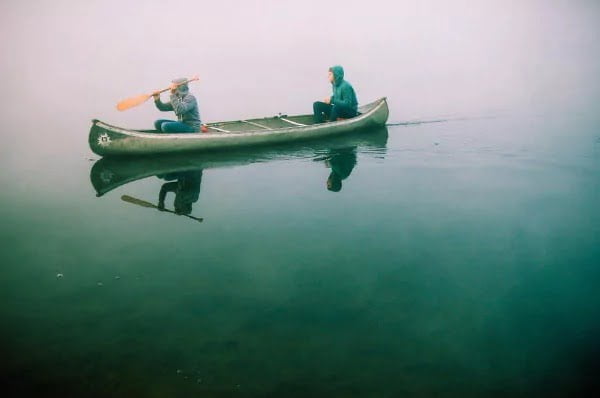
Have your papers in order
Always be sure your watercraft is properly licensed, fully insured, and you have the right certification to operate it. Properly licensed watercrafts are easier to track and return in the event of theft or loss, and should an accident happen, you’ll be glad you have the right insurance to protect you.
Any watercraft with a motor requires the right documentation. In Ontario, that documentation includes the Pleasure Craft Operator Card. Also known as a proof of competency, these cards are awarded on the successful completion of a boating safety test.
Don’t stress out if the word “test” is conjuring unpleasant memories of high school exams! Boat safety courses are not designed to trick you or put you under the gun. They simply make the student aware of the basics. Things like nautical terms they should know before getting their toes wet, essential safety equipment and what to do in an emergency, buoy meanings and behavior, and sharing the waterways. A lot of it is commonsense, but good information that every boater should know.
And that’s really what it comes down to, good old fashion commonsense. Boating can be a ton of fun, but there is always some risk involved. By following some basic safety advice and coming prepared for the waves, you can ensure that you and your family are protected.
[Royalty-free stock images courtesy of Pexels.]





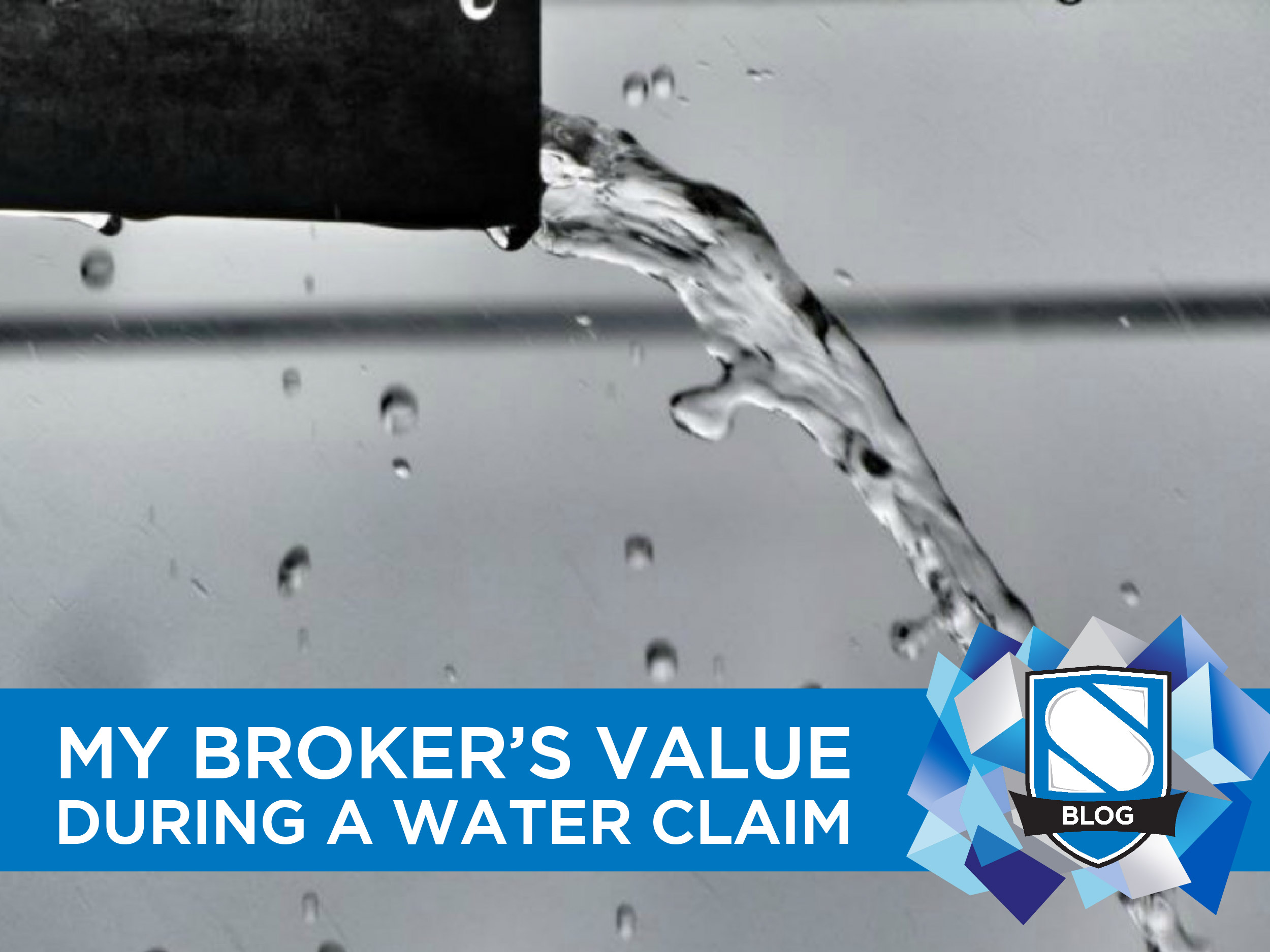

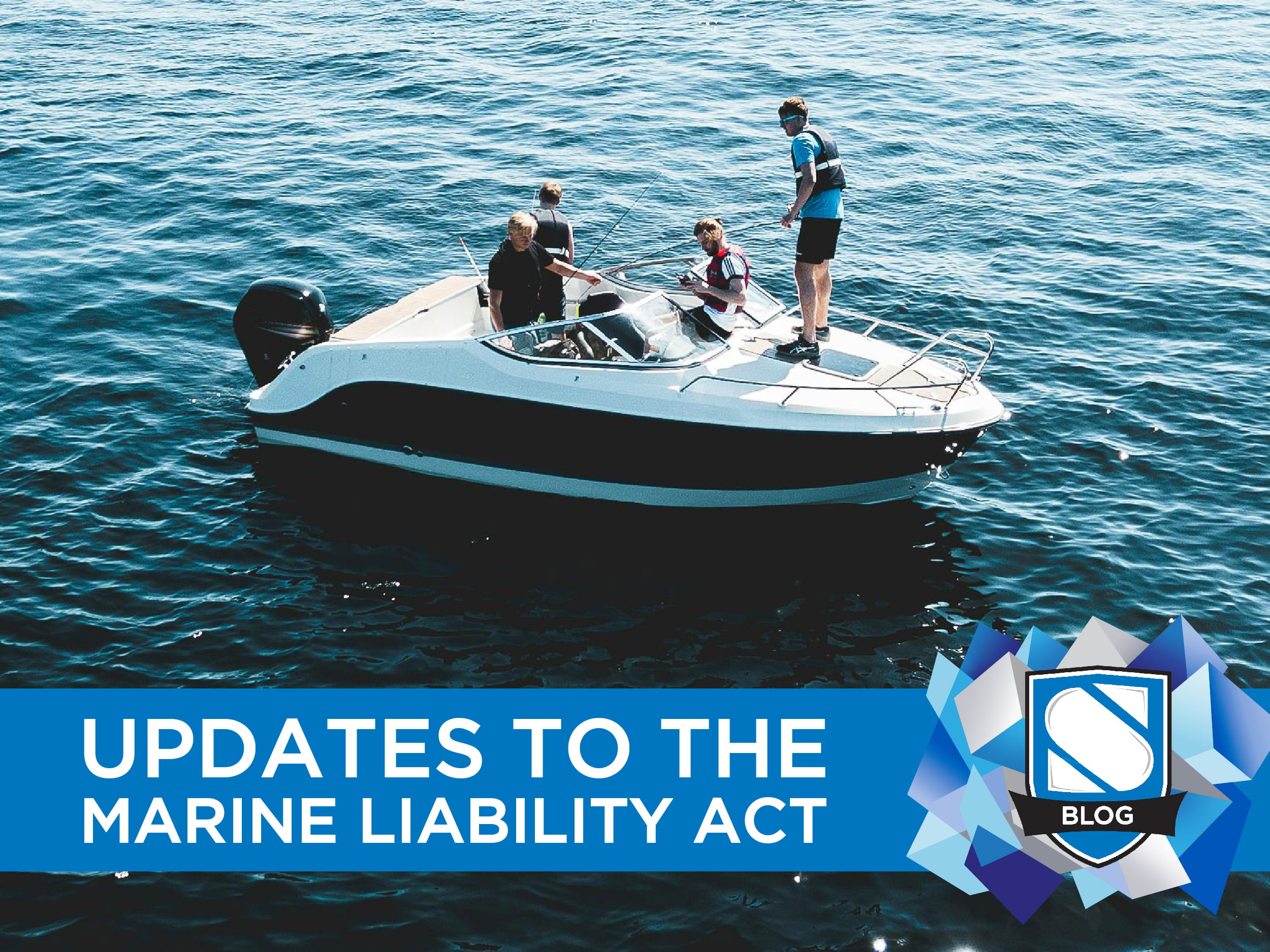



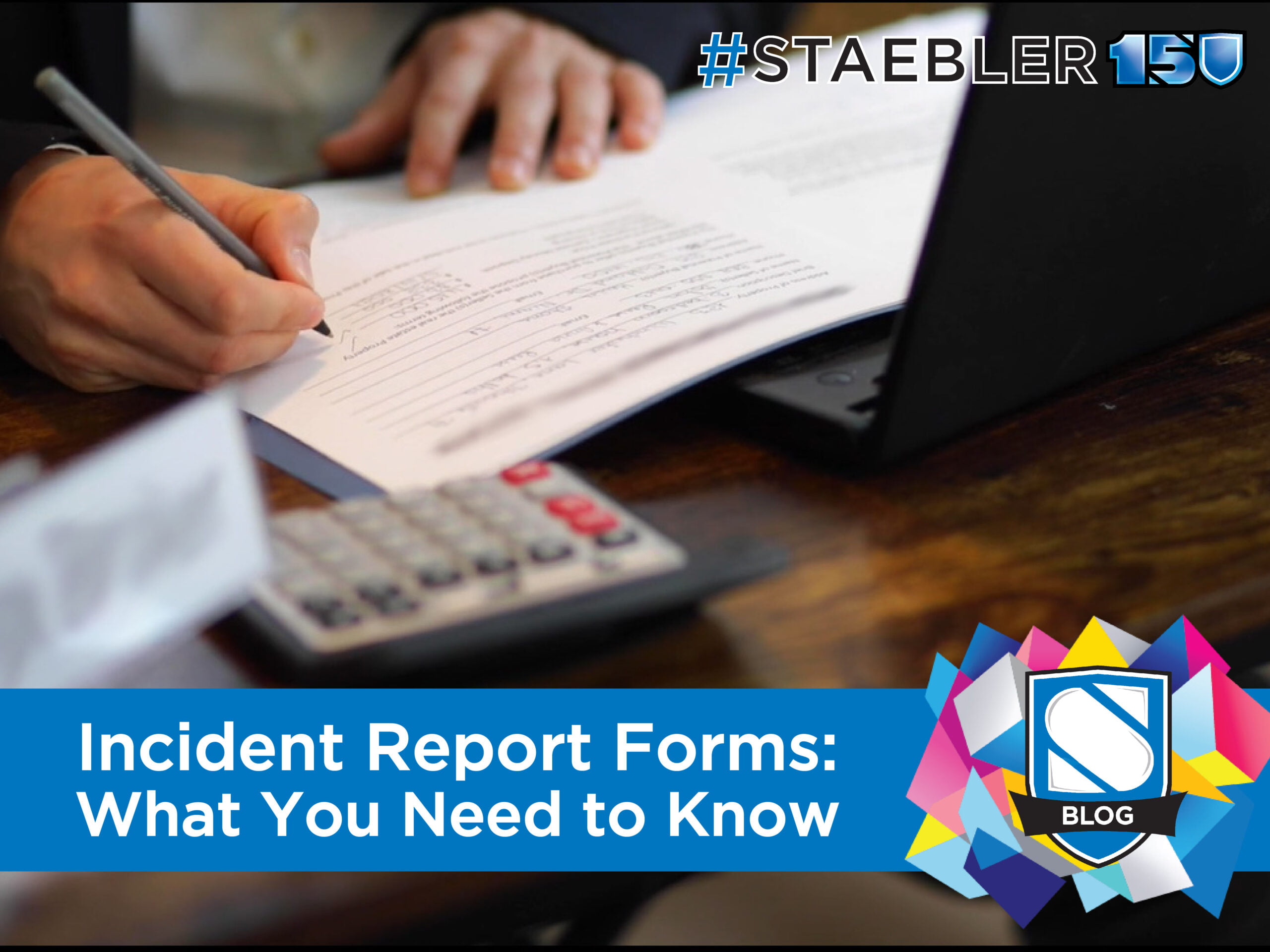
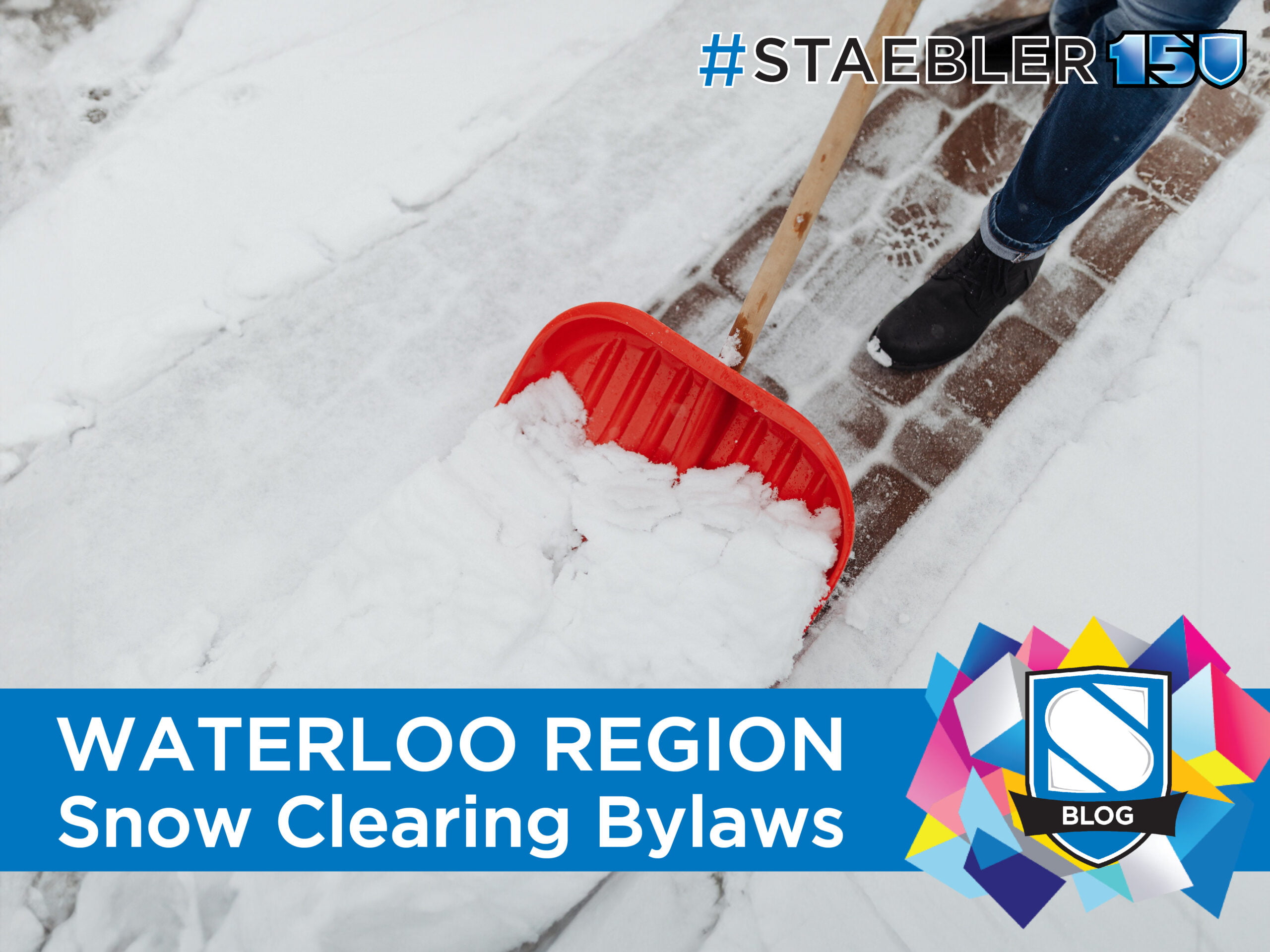
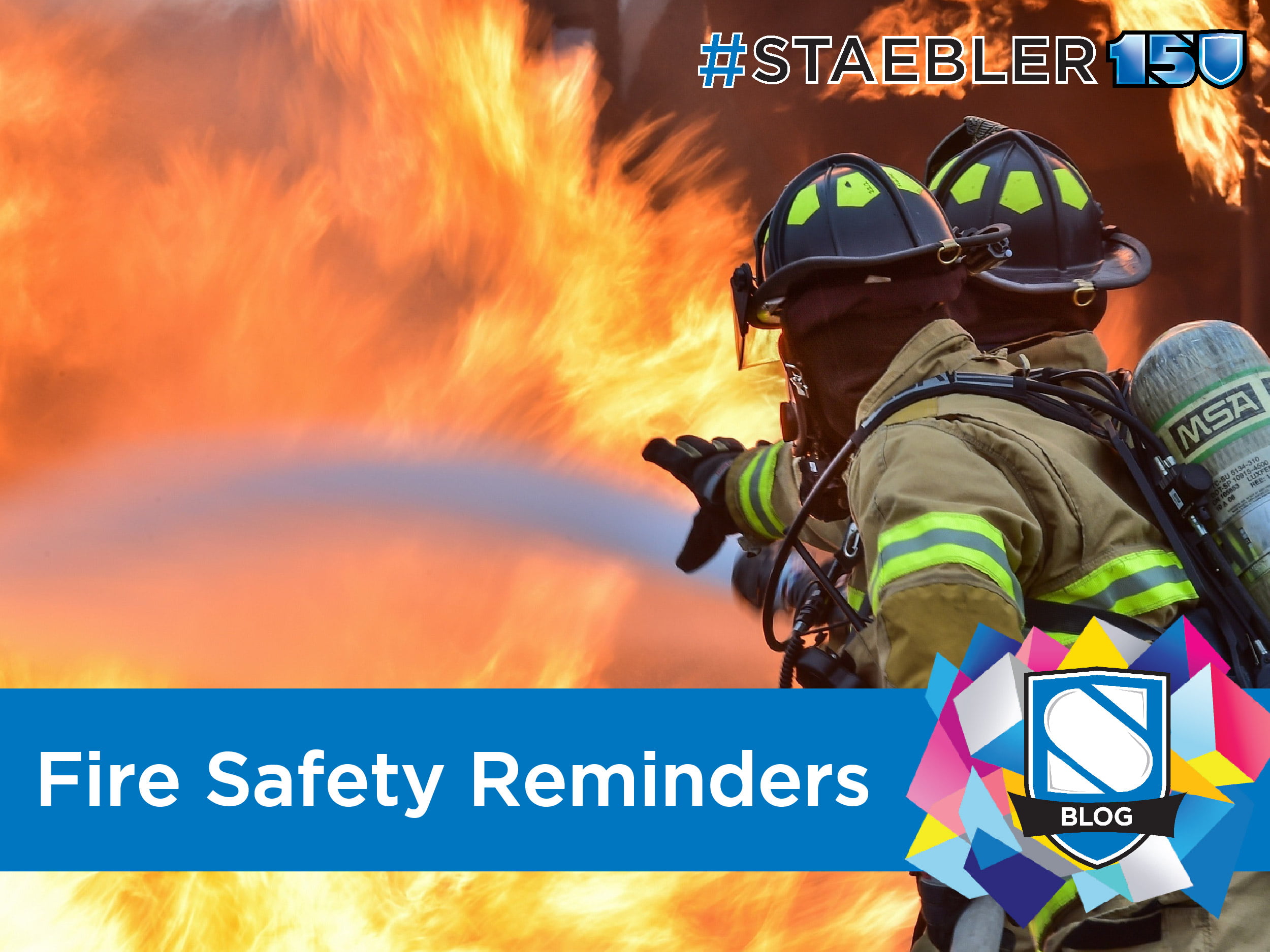
0 Comments